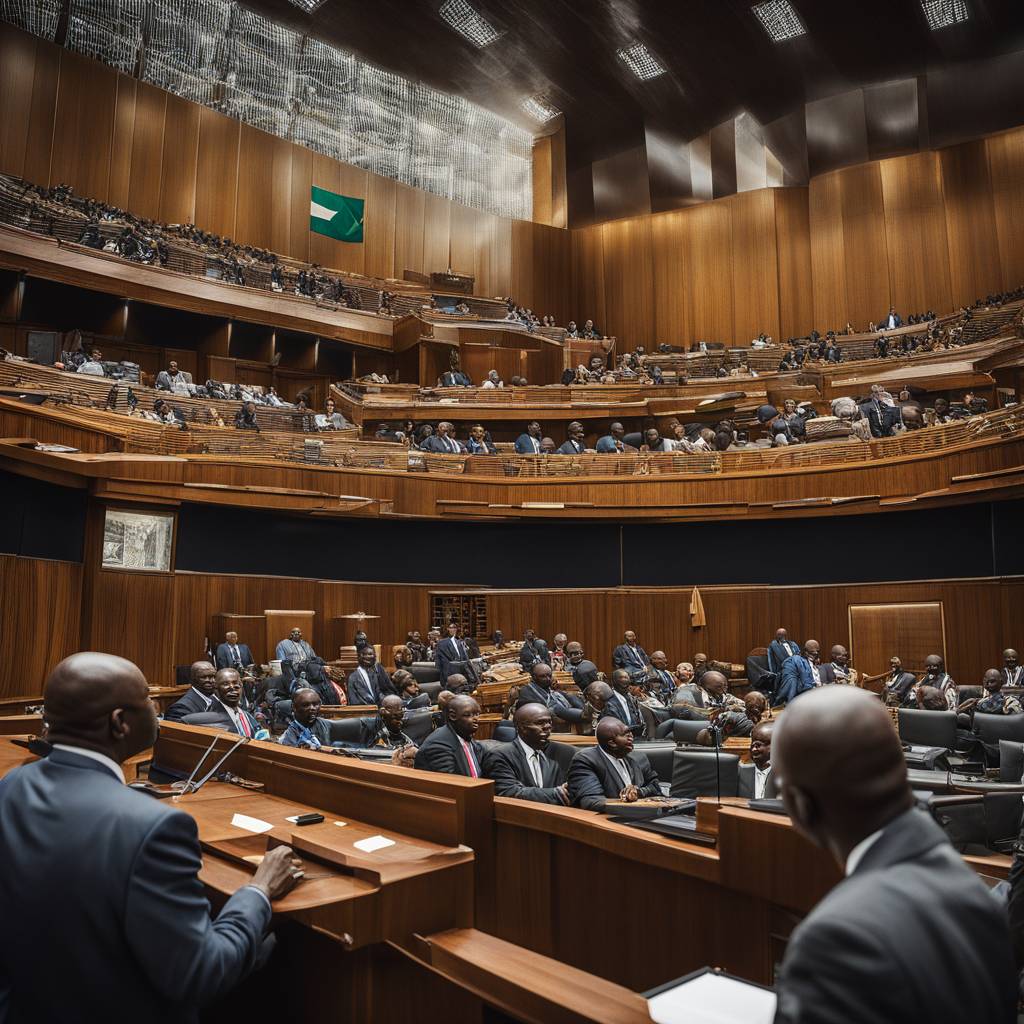South Africa’s parliament speaker, Nosiviwe Mapisa-Nqakula, resigned from her position following corruption allegations against her, including receiving $135,000 in bribes from a defense contractor. Another bribe of $105,000 was also alleged, but not paid. Mapisa-Nqakula insisted on her innocence despite the accusations against her and stated that her resignation was to focus on dealing with the ongoing investigation by law enforcement agencies. The African National Congress, her party, is facing crucial elections amid high unemployment, rising poverty, and increasing anger over corruption allegations against its leaders.
Media reports in South Africa claimed that Mapisa-Nqakula received more than $15,000 and a wig during a meeting at the main international airport in February 2019. The allegations led to her resignation from parliament as she faced potential charges and legal action. The African National Congress will need to navigate the fallout from this scandal as they prepare for upcoming elections where they are projected to receive less than 50% of electoral support. This would be the lowest level of support for the party since it came into power in 1994 after the end of apartheid.
Despite maintaining her innocence, Mapisa-Nqakula decided to resign from parliament to address the accusations against her and focus on the investigation by law enforcement agencies. This move came after the North Gauteng High Court dismissed her motion to avoid arrest, raising questions about her potential actions in response to the charges. The resignation of a high-profile figure like the parliament speaker over corruption allegations is likely to impact public trust in the government and the ruling party, especially in the lead-up to crucial elections facing mounting challenges such as unemployment and poverty.
The allegations against Mapisa-Nqakula for taking bribes from a defense contractor added to the ongoing concerns about corruption within the African National Congress and the government. As the party faces electoral challenges and declining support, the impact of this scandal on its reputation and credibility remains to be seen. The resignation of a key party member like the parliament speaker could further erode public confidence and trust in the political system, raising questions about accountability and transparency in South Africa’s governance structures.
The accusations and resignation of Nosiviwe Mapisa-Nqakula have sparked conversations about accountability and integrity within the political leadership of South Africa. The ongoing investigation and potential legal proceedings will be closely watched as the country prepares for critical elections that could shape its future path. The outcome of this scandal and the response by the African National Congress will play a significant role in determining public perceptions of the party’s commitment to combating corruption and upholding ethical standards in governance. The resignation of the parliament speaker underscores the challenges facing the ruling party and the importance of addressing corruption to restore public trust and confidence in the political system.


